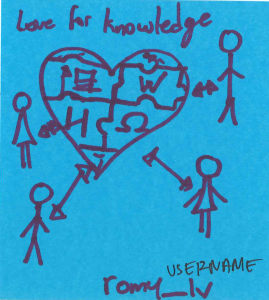
Losing a spouse is one of life’s most painful and challenging experiences. As a widower, you find yourself thrust into a world of grief, loneliness, and uncertainty. This blog aims to provide support, guidance, and encouragement to widowers who are navigating the complex terrain of life after loss. While the journey may seem daunting, there is hope, healing, and the possibility of finding renewed purpose and happiness.
- Grief: A Rollercoaster of Emotions
The grieving process is unique to each individual, and as a widower, you may experience a wide range of emotions. It’s important to remember that there is no “right” way to grieve. Allow yourself to feel the pain, sadness, anger, and confusion that often accompany loss. Seek out support from friends, family, or a therapist who can provide a safe space for you to express your feelings.
- Self-Care: Prioritizing Your Well-Being
Taking care of your physical and emotional well-being is crucial during this challenging time. Make self-care a priority by maintaining a healthy diet, getting regular exercise, and getting enough sleep. Additionally, consider exploring mindfulness practices, meditation, or yoga to help manage stress and anxiety.
- Seeking Support: You’re Not Alone
Widowerhood can feel incredibly isolating, but it’s important to remember that you are not alone in your journey. Seek out support groups for widowers in your community or online. Sharing your experiences with others who understand your pain can be incredibly healing. Connecting with others can also help you rebuild your social network and combat feelings of loneliness.
- Remembering and Honoring Your Spouse
Honoring your late spouse’s memory is an essential part of the healing process. Create rituals or memorials that pay tribute to your spouse’s life. Whether it’s creating a scrapbook, planting a garden, or volunteering in their name, finding meaningful ways to remember your loved one can bring comfort and closure.
- Embracing the Future: Setting New Goals
While grief may never fully dissipate, it can become more manageable over time. As you heal, consider setting new goals for yourself. These can be personal, professional, or related to hobbies and interests. Setting and achieving new goals can provide a sense of purpose and direction for your life.
- Dating and Relationships: When the Time Is Right
At some point, you may find yourself contemplating the idea of dating or entering a new relationship. Remember that there is no timeline for this, and it’s essential to move at your own pace. Take the time to heal and rediscover yourself before embarking on new romantic endeavors.
Conclusion:
Being a widower is an incredibly challenging and transformative experience. While the pain of loss may never completely fade, it can become more manageable with time and support. Remember that it’s okay to seek help and lean on others during this journey. With self-care, a strong support system, and the courage to embrace the future, you can find strength, healing, and hope as you navigate life as a widower.




